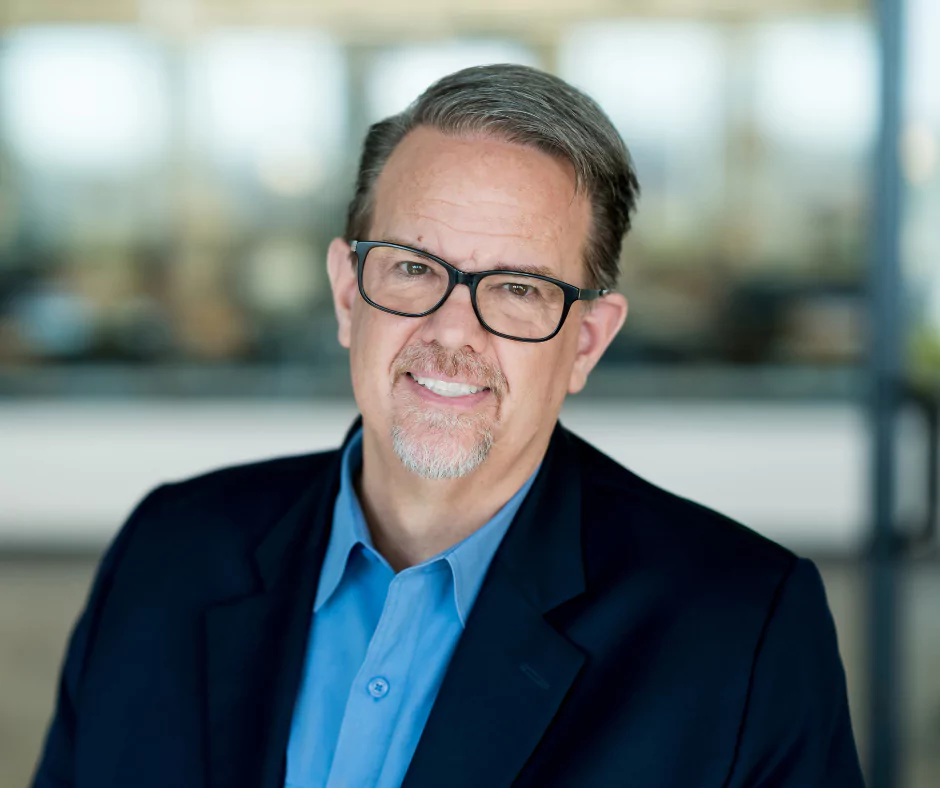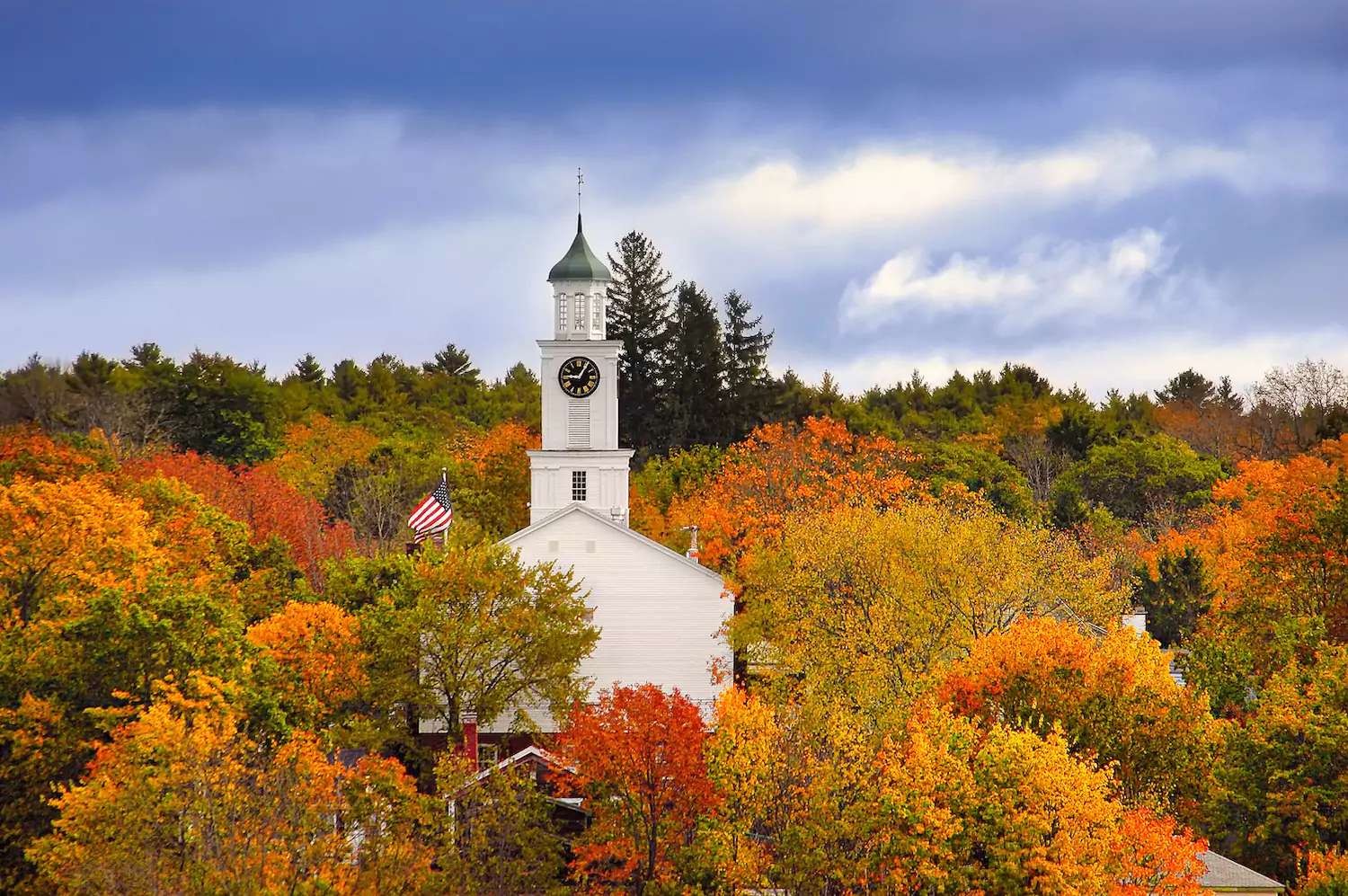Pastors and Political Endorsement
Lifeway Research just released a study on pastors regarding their views toward endorsing political candidates. I want to share some of the findings before offering insight and encouragements in light of them. The report noted: “Few pastors endorse political candidates outside their role at church. Even fewer endorse during a church service.”
For instance, only 29% of Americans “believe it is appropriate for pastors to endorse candidates during a church service.” More (45%) find it appropriate for pastors to endorse candidates when they are “outside their church role.” Both showed an increase (4% and 5% respectively) from the same statistics in 2020.

Pastors reported that only 2% have endorsed a political candidate in a church service this year, while 25% have done so outside their church role. In election years 2016, 2020, and this year, a consistent 98% of pastors refuse to endorse candidates in a service.

Elections and the Ekklesia
Politicians have engaged with churches and Christian groups for centuries. Abraham Lincoln, in June 1863, addressed a group of pastors at the General Synod of the Lutheran Church in Washington, D.C. On October 23, 1907, Roosevelt delivered an address at Grace Reformed Church in Washington, D.C. Woodrow Wilson, a devout Presbyterian, frequently spoke in churches during his presidency, including a speech in 1917 at the Central Presbyterian Church in D.C.
Current presidential candidates Donald Trump and Kamala Harris have each spoken in local churches and have had controversial interactions regarding the Christian faith. Harris recently spoke at the New Birth Missionary Baptist Church in the Atlanta area on October 20. Trump has also made appearances at churches on several occasions and spoke at the National Religious Broadcasters’ Convention in February. Political leaders speaking at religious events is common in America. In the Southern Baptist Convention, America’s largest Protestant group, political figures from George W. Bush to Mike Pence have addressed the annual meeting. Democratic candidates tend to speak at large Black churches while Republicans speak at the SBC. This statement doesn’t stereotype candidates or churches, but simply describes observed reality.
Pastors in a Political Convulsion
We are blessed to live in a nation where we may speak freely (or not) about our ideas, political or otherwise. Likewise, politicians readily engage with—some say use—churches for their political aspirations. So how should pastors participate in this reality and the political process generally? Here are five encouragements for pastors, especially as we approach Election Day.
1. Focus on Jesus and the gospel above all
The reluctance of pastors to endorse candidates from the pulpit should encourage us. Pastors are more interested in promoting God’s Word and the Lord Jesus than any political figure. That said, the Lifeway study found that pastors are increasingly more likely to endorse candidates.
The percentage of Americans who see pastors endorsing a candidate in church as appropriate has risen steadily over the past 16 years. According to a phone survey in 2008, 13% saw political endorsements during a church service as acceptable. That grew to 19% in 2015. Online surveys started with 24% in 2020 before growing to 29% today.
While our faith and politics are not either-or but both-and, we must prioritize the primacy of the gospel of Jesus Christ over our political persuasion. We must submit to the Word of God rather than any human ideology. A 2015 Lifeway Research study found that 53% of Americans believe “God has a special relationship with the U.S.” Interestingly, that number is higher among women (58%) than men (49%), and older Americans aged 45-54 have a higher view (63%) than those 18-44 (48%).
Being gospel people over other things—including good things, like our political voice—calls the church to a significant focus on discipleship. Too many believers are discipled by social media and spiritually shaped by cable news. Grounding disciples in the Word with a perspective that rests in the sovereignty of God and an eternal kingdom can help balance politics and faith.
2. When you speak on political issues or candidates, do so with integrity and clarity
As Christians, we must be careful not to obscure the gospel for the sake of any less important idea. No matter how highly you view the significance of the next election, any pastor should agree God’s Word is much more significant. The political world may be steeped with fake news, conspiracy theories, and more, but we have a sure word in the Bible. Pastors who spread political information can easily end up spreading misinformation, causing people to question their credibility in proclaiming biblical truth.
Keep in mind: If something sounds entirely unreasonable, it probably is. Consider Paul’s words:
Finally brothers, whatever is true, whatever is honorable, whatever is just, whatever is pure, whatever is lovely, whatever is commendable—if there is any moral excellence and if there is any praise—dwell on these things (Philippians 4:8 HCSB).
It’s unhelpful, unwise, and ungodly to talk about people in ways that are not remotely true, or in ways that might not be true.
3. Respect the reality that godly Christians do disagree on political issues
My friend Derwin Gray said it well recently:
Just because a person chooses to vote for President Trump does not mean they agree with everything [said by] President Trump. I may not agree with Vice President Harris on every issue, but there may be other things I agree with.
And you know what? When you vote for two parties and maybe a third, you don’t get everything you want, and [voting] doesn’t mean that you agree with everything. So stop trying to bully people into your perspective on this issue. You may have strong convictions about certain things—good! Go in that little booth and vote, and then when you get done, let’s get back to Gospel work.
Imagine telling your brothers and sisters around the world, “Well, you can’t be saved because you don’t vote Republican or Democrat.” Once again, from the start of the church until now 99% of all people who’ve ever followed Jesus could care less with Republican or Democrat and don’t have a clue what it is and you’re saying that’s a litmus test for salvation? That is political idolatry. Now, if there are some ungodly things you agree with, you need to check yourself before you wreck yourself.
Obviously, Christians can’t hold some political positions in good faith or without gross inconsistency. But those positions don’t cut neatly across partisan lines. We all have to walk in wisdom and in grace as we make the best decisions we can based on the information we have available to us.
4. Be grateful for the freedom we have and our citizenship in an eternal kingdom
American Christians enjoy the freedom to worship God and to vote. Many global Christians do not experience one of these, let alone both. We are truly blessed, and we should be grateful. So, unsurprisingly, patriotism and faith relate to one another. For instance, one Lifeway Research study found almost 90% of churches in the U.S. do something to celebrate July 4th in their services. This can cause some confusion between devotion to God and love for country. That same study found that 53% of pastors worried that their congregation sometimes seemed to love America more than God.
Knowing Christ means we are citizens of an eternal and heavenly kingdom (Philippians 3:20). Or, as Peter put it, we are “a chosen race, a royal priesthood, a holy nation, a people for his own possession, that you may proclaim the excellencies of him who called you out of darkness into his marvelous light” (1 Peter 2:9). We live in this present age (the City of Man, as Augustine put it) with a mission to show and share good news while understanding our hope is in the City of God. As I’ve written previously:
Christians are, in a sense, dual citizens—of the Kingdom and of the nation where they live. I live in a country that is not without fault, but I am proud to be a citizen of that nation. I teach my children to be proud of their nation—not unaware of its challenges—and patriotic citizens.
We pledge our highest, permanent allegiance to the Kingdom of God. We are loyal to and grateful for our earthly citizenship, but if our allegiance to the Kingdom and our allegiance to our nation conflict, we must choose the Kingdom.
5. Focus on discipling some things out and other things in
I want to bring these encouragements full circle. As I said under the first point above, Christian political engagement is ultimately a discipleship issue. Too many believers are being discipled by their social media feeds and spiritually shaped by cable news. Discipleship requires getting the wrong (unbiblical) stuff out of people and getting the right (biblical) stuff into them. Pastors must lead churches that disciple some things out of people: like fear, loving controversy, and speaking falsehoods. More importantly, pastors must lead churches to disciple some things in: a life that simply follows Jesus and responds to others with both grace and truth.
Soon Election 2024 will be over like all elections that come and go. Elections matter, but God’s Word matters more. Only the Word stands forever. So, pastors should focus on Jesus and the gospel above all, speaking on political issues or candidates with integrity and clarity while respecting Christians who disagree. While grateful for the blessing of earthly freedom, let’s disciple out the things of the city of humanity and disciple in the values of God’s eternal Kingdom.
©Ernie Baker. Used with permission.
About The Author

Ed Stetzer
Ed Stetzer, Ph.D., is the Dean and Professor of Leadership and Christian Ministry at Talbot School of Theology at Biola University. Stetzer has planted, revitalized, and pastored churches; trained pastors and church planters on six continents; and has written hundreds of articles and a dozen books. Stetzer serves his local church, Mariners Church, as Scholar in Residence & Teaching Pastor.






